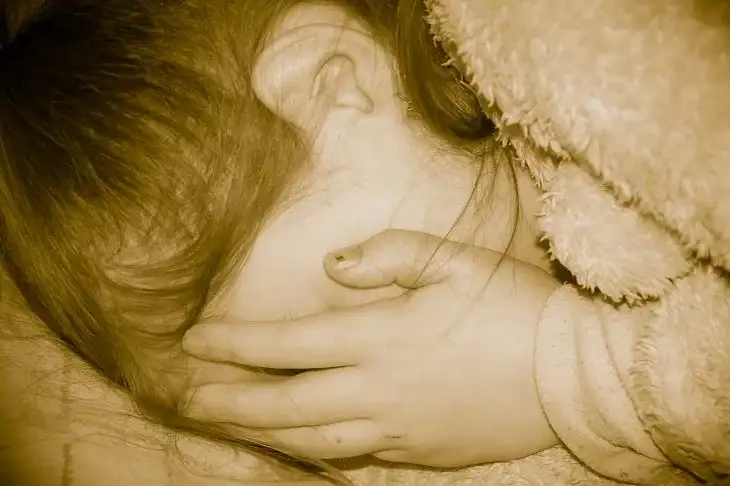Until recently, a good mother was considered to be one whose child was neatly dressed and had neatly combed hair.
Now, a parent will be considered good if, on the contrary, she allowed her child to express himself – even if it means shaving his temple.
What about toxic mothers? Perhaps the signs of toxicity, unlike the traits that indicate “goodness,” do not change over time. Below are 5 situations that should serve as “red flags.”

You are angry with your child for telling you the truth.
Let's say your child made a mistake and told you honestly about it (even after you prompted him), and you punished him - this is a real bell, and not a bell indicating your toxicity.
Instead, take into account the fact that your child acted honestly and courageously by admitting what he did, even though it was difficult for him.
You criticize more often than you praise.
Instead of saying, "You need to do more homework," try saying, "You're doing such a great job, you just need to push yourself a little bit more." If you can't say those words, congratulations, you're toxic.
You don't spend quality time together.
Of course, it is convenient to cook dinner in the kitchen when the child is watching TV: you communicate and do household chores. But it is important to spend quality time when you do something together with your child that interests you both, and all your attention is focused on your son or daughter. Let it be half an hour a day, the main thing is quality, not quantity of time.
You don't give a choice
Even the illusion of choice can solve many problems. If a child does not want to go to kindergarten, you can ask him what T-shirt he should wear. This will distract him from his reluctance to go to kindergarten. When deciding everything for children, we often forget to ask them what they want themselves.
You bribe
Expensive gifts and gadgets – all this is not for children, but for your sense of guilt. We tell ourselves – I am a good enough parent, even if I have been very busy lately. However, remember that the best investment in your child’s future is not an expensive smartphone, but a joint trip to an interesting place.
Earlier we talked about how not to ruin relationships with teenage children.
